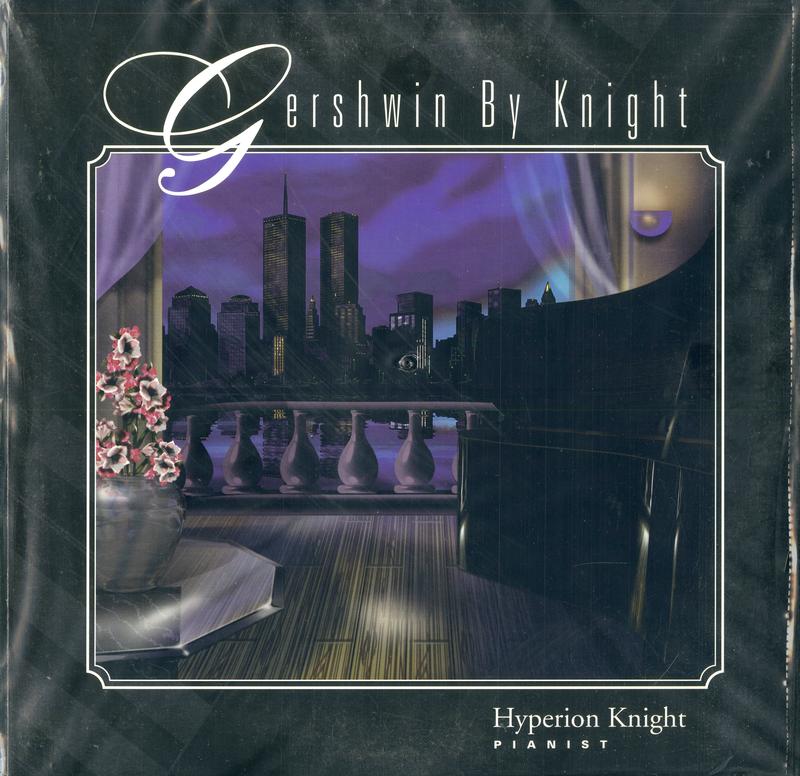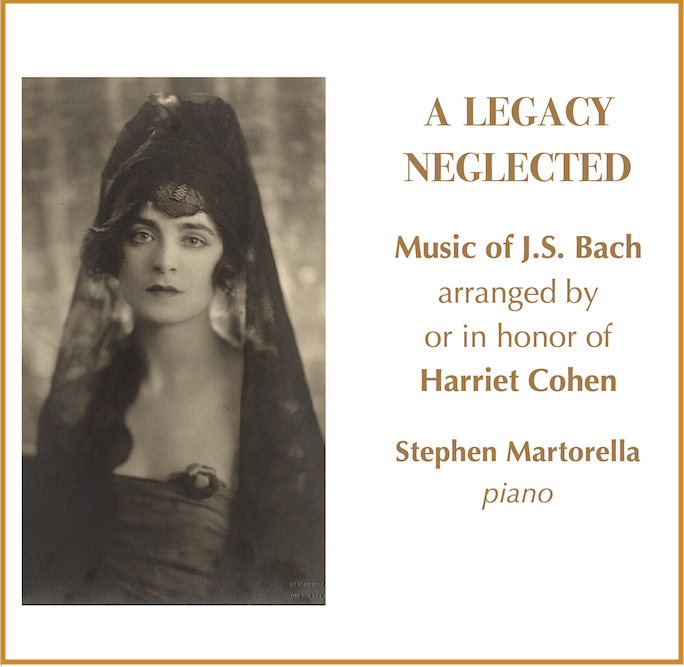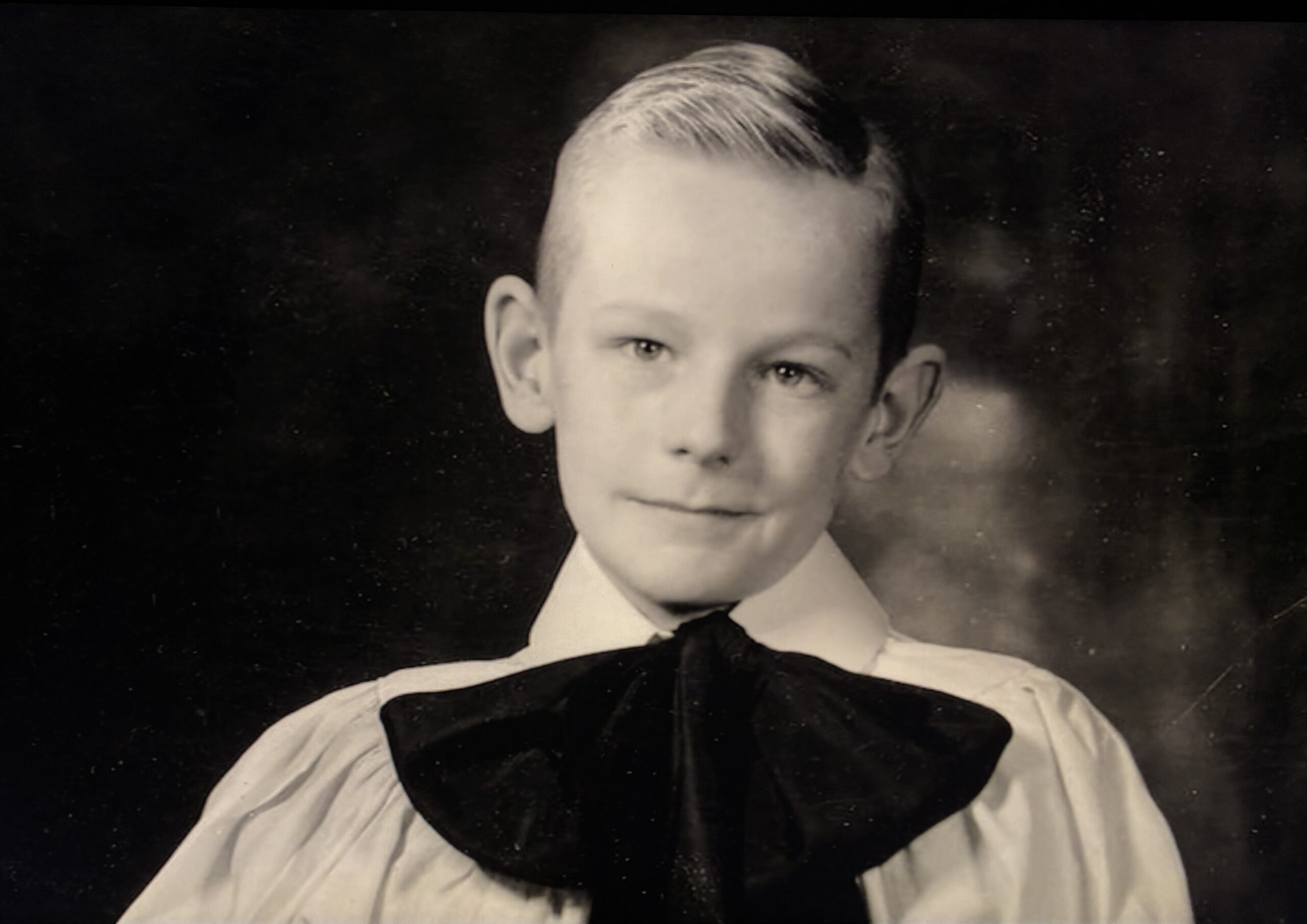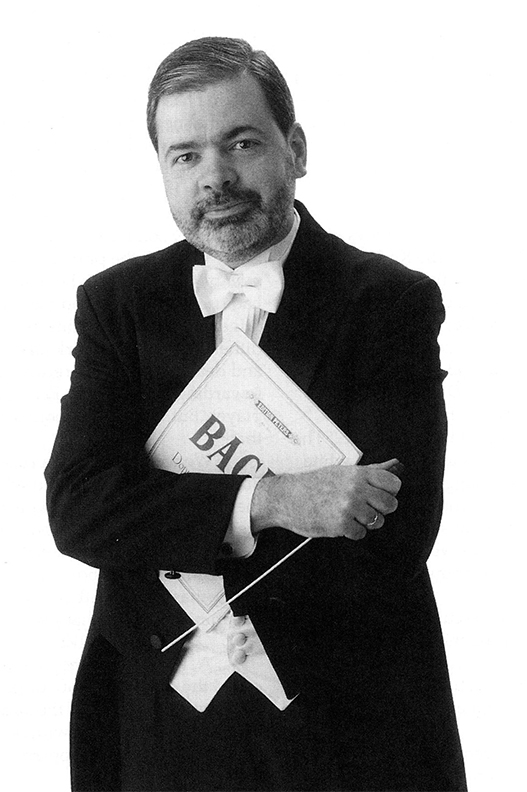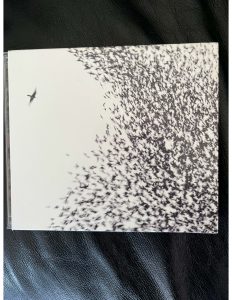Our good friend and fellow scrivener John Marks, he of The Tannhäuser Gate, has shared with us another of his musical reflections from that estimable blog site. Once again, he stirs the mind by telling us about music that we likely do not know...much to our benefit!
I always learn when I read one John's columns, and do so once again. So will you!
Dr. David W. Robinson, Editor-in-Chief
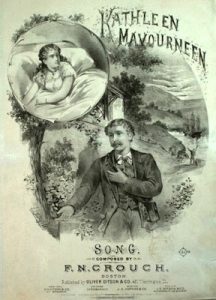
Despite my Jewish surname, I had such a provincial, parochial, cloistered Irish-immigrant upbringing that when my mother's aunts did not want the tykes to know what they were talking about, they spoke Gaelic.
Even better: As a precocious reader of the newspapers, I thought that I had figured out that Black Nationalist leader Malcolm X was, in reality, Pope Malcolm the Tenth.
Hey! I was a middle child! They never explained anything to me.
John XXIII, Malcolm X—they both were religious leaders who had Roman numerals instead of last names….
Anyway, the sad Irish ballad that breaks the treacle meter (despite having been composed by an Englishman), is "Kathleen, My Darling." In Gaelic, "Kathleen mo mhuirnín," which Anglicizes to "Kathleen Mavourneen." So, "Mavourneen" is not a family name (last name), but rather a term of endearment. I had always assumed it was a folk song, silly me. However, a quick look at the sheet music indicates otherwise; the melody takes slight turns here and there that are not really "folk-ish." Actually, more like early-19th-c. German art music. Imitative of Irish or Scottish folk music, but still German art music. (FWIW & YMMV.)
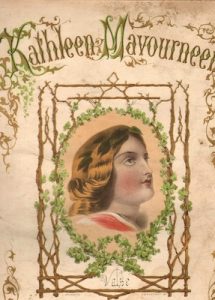
The song was composed in 1837. It was the showpiece and favorite encore of the first woman from Ireland with an international opera career, Catherine Hayes, who toured America before the Civil War. Right after Jenny Lind's famous US tour, in fact (1851). Hayes sang "Kathleen Mavourneen" before Queen Victoria. Later, the song became particularly associated with Irish immigrants fighting (and dying) on the Union side.
Which, to a degree, hit home with me, in that my mother's aunts' house was a bit of a shrine to their forbears. They displayed on a side table small, ornately framed photographs of relatives who had served as Catholic chaplains on the Union side during the Civil War.
Perhaps the most famous "Kathleen Mavourneen" recording is by John McCormack. Personally, I find John McCormack's "Mavourneen" a bit over-the-top. (Whereas strangely enough, I don't mind at all McCormack's trace of an Irish brogue in his wonderful Richard Strauss "Morgen," with Fritz Kreisler, no less.)
Anyway, here we have a rara avis, "Mavourneen," but with classical guitar.
The tenor is Meir Finklestein. At age 14, he became the cantor of a small synagogue in Glasgow, thereby becoming the youngest cantor in Europe. Finklestein recorded "Mavourneen" in the early 1990s, circa age 42. The guitarist similarly had been a teenage prodigy, "General" Grant Geissman. Geissman apprenticed with the greats, and then by pure chance was noticed by Chuck Mangione.
Geissman's solo at the opening of Mangione's "Feels So Good" propelled it, in a survey that is perhaps long out of date, to being claimed to be the second most recognizable pop-song opening, after Lennon & McCartney's "Michelle."
This is a rather obscure recording, so I hope that nobody in authority minds that I put up the entire track. That track is, I believe, an out-take from the US Civil War movie Gettysburg. The CD has no liner notes to speak of, but my surmise is that they recorded that track with the thought that in the film an Irish soldier in the Union army could sing to the accompaniment of a period "parlour" guitar. Which I am sure, historico-musicologically, would have been period-correct.
For whatever reason, it seems they did not include the track in the Gettysburg movie's soundtrack. However, some people are so hung up on the Civil War that there probably was a market for a CD of the music that was left on the cutting-room floor, so to speak. NB, I have never watched that movie. As a rule, I don't watch violent films, and that one is 4 hours 14 minutes long. It is, however, one of the best-selling titles in the history of home video.
Anyway, here we have an Israeli-born cantor who seems happy in his present job in Texas, a Los-Angeles based guitarist who might be of Jewish heritage, and a song that many people think is an Irish folk song, but which was written by an English cellist—in an out-take from a Civil War movie.
Hard to get more "American" than that, I think.
I mentioned above that I had assumed, without really giving the matter that much thought, that "Kathleen Mavourneen" was a folk song. In line with that, I also assumed that is likely was set in the time of the Great Famine. However, I was wrong on both counts: "Mavourneen" was composed in 1837, but the Famine began in 1845.
The primary reason I thought that "Mavourneen" was a famine-era song was the male singer's repeated questioning why Kathleen was "asleep;" why was she not already awake on the morning of the day that he was leaving, perhaps forever:
Kathleen Mavourneen, what? Slumbering still?
Oh hast thou forgotten how soon we must sever?
Oh hast thou forgotten the day we must part?
It may be for years and it may be forever
then why art thou silent, thou voice of my heart?
It may be for years and it may be forever
then why art thou silent Kathleen Mavourneen?
My assumption was that she had died, either from starvation, or grief.
However, when I began researching this blog entry, I was rather perplexed to see that all the period the sheet music covers I could find showed Kathleen in various states of lively perkiness.
Therefore, it was a relief when I came across Sarah R. Gerk's doctoral dissertation Away o'er the Ocean Go Journeymen, Cowboys, and Fiddlers: The Irish in Nineteenth-Century American Music, wherein she states, "The song is set at a particularly dramatic moment, when the singer makes his parting farewell to his homeland and his presumably deceased lover."
I think that this is just a fabulous job of singing, and I love the guitar work too.
Cantor Meir Finklestein, Grant Geissman: "Kathleen Mavourneen" (Crouch and Crawford)






